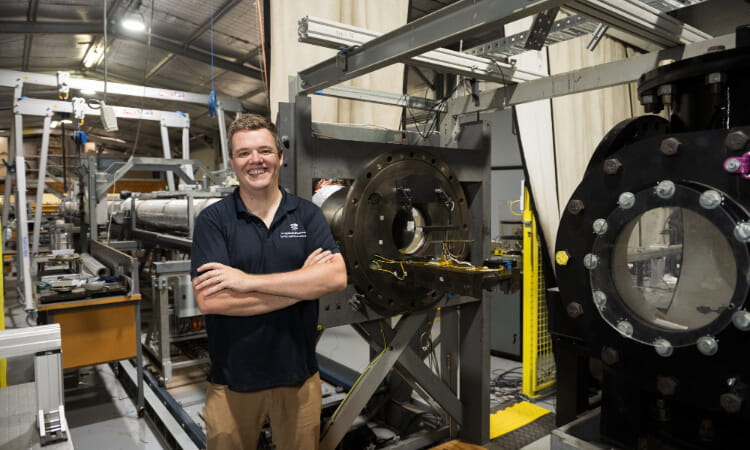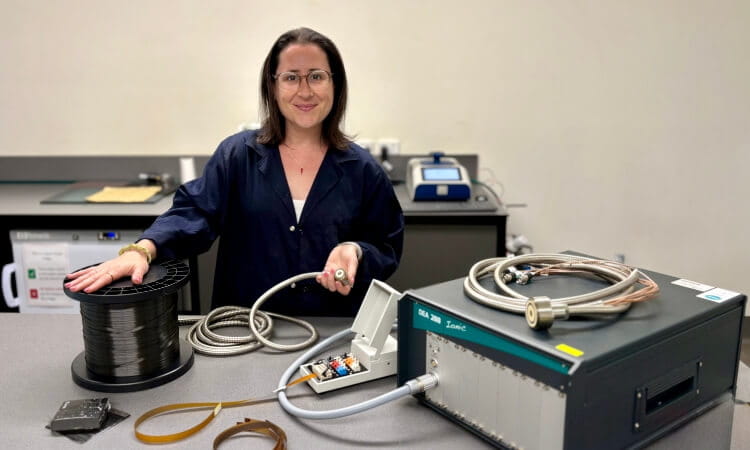The University of Southern Queensland (UniSQ) will play a significant role in a four-year research project that applies quantum artificial intelligence (AI) to enhance food security and student wellbeing.
In partnership with Food Ladder, a leader in school-based greenhouse programs, and CSIRO, UniSQ will lead research exploring the therapeutic benefits of student interaction with plants.
“The mental health benefits of green spaces are well established. This project moves beyond awareness to measuring and optimising those effects,” UniSQ’s Professor Rajib Rana said.
“By integrating advanced AI technology with real-world data from schools, we can better understand how programs like Food Ladder help nurture calm, focus, and resilience in children facing disadvantage.”
Food Ladder, a leader in combating food insecurity through innovative school-based greenhouse programs, announced the landmark partnership with CSIRO and UniSQ.
The four-year research project, funded through the CSIRO Industry PhD program, will be one of the first in Australia to use quantum machine learning in a non-quantum industry, generating real-world evidence for how advanced technologies can solve complex optimisation challenges in education, health, and food systems.
Leading experts from the three organisations will support a PhD student to explore how quantum AI computing can help:
- Optimise crop growth and food security – by using computer modelling to test how greenhouses perform with limited water, energy, and fertiliser to find new ways to maintain sustainable farming in a changing climate.
- Support student mental health – by measuring the therapeutic benefits of greenhouse interaction through wearable devices that track stress indicators such as heart rate variability, skin conductance, and movement.
“Food security and wellbeing are inseparable,” said Kelly McJannett, CEO and co-founder of Food Ladder.
“This partnership shows how the smartest minds and the most advanced technology can be applied in the service of students and communities.
“Together with CSIRO and UniSQ, we are pushing the boundaries of what’s possible – creating schools that not only feed and educate but also heal and inspire.”
CSIRO scientist Dr Farina Riaz added: “This is one of Australia’s first applications of quantum AI beyond the quantum sector, and a credit to the partnership with Food Ladder and UniSQ,” she said.
“We’re excited to create quantum-reinforced AI algorithms for resource-efficient hydroponics and evidence-based frameworks for integrating green space exposure into student wellbeing.
“This collaboration is the first instance in Australia where a non-quantum industry, specifically the agriculture and education sectors, is actively applying quantum-reinforced AI algorithms.
“It also marks a significant step in connecting quantum technologies with real-world industries, helping build a healthier and more sustainable future for young Australians.”
Food Ladder’s impact in schools is already well-established. The not-for-profit is scaling rapidly, with a vision to engage more than one million students and supplement 25 million meals annually.
Its programs have proven successful in lifting attendance, improving literacy and numeracy, and creating safe spaces for children experiencing distress.
Find out more about the scholarship and how to apply here.



